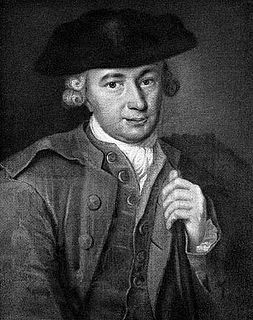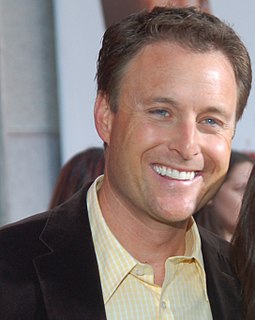A Quote by Saint John Chrysostom
...there is nothing that has been created without some reason, even if human nature is incapable of knowing precisely the reason for them all.
Related Quotes
If we are defined by reason and morality, then reason and morality must define our choices, even when animals are concerned. When people say, for example, that they like their veal or hot dogs too much to ever give them up, and yeah it's sad about the farms but that's just the way it is, reason hears in that the voice of gluttony. We can say that what makes a human being human is precisely the ability to understand that the suffering of an animal is more important than the taste of a treat.
You see, gentlemen, reason is an excellent thing, there’s no disputing that, but reason is nothing but reason and satisfies only the rational side of man’s nature, while will is a manifestation of the whole life, that is, of the whole human life including reason and all the impulses. And although our life, in this manifestation of it, is often worthless, yet it is life and not simply extracting square roots.
I do believe I begin to grasp the nature of miracles! For would it be a miracle, if there was any reason for it? Miracles have nothing to do with reason. Miracles contradict reason, they strike clean across mere human deserts, and deliver and save where they will. If they made sense, they would not be miracles.
Religion is as necessary to reason as reason is to religion. The one cannot exist without the other. A reasoning being would lose his reason, in attempting to account for the great phenomena of nature, had he not a Supreme Being to refer to; and well has it been said, that if there had been no God, mankind would have been obliged to imagine one.
To suppose universal laws of nature capable of being apprehended by the mind and yet having no reason for their special forms, but standing inexplicable and irrational, is hardly a justifiable position. Uniformities are precisely the sort of facts that need to be accounted for. Law is par excellence the thing that wants a reason. Now the only possible way of accounting for the laws of nature, and for uniformity in general, is to suppose them results of evolution.
I mean, people have created great shows, produced wonderful television, and nobody tunes in. For whatever reason, it just doesn't resonate with the masses. And vice versa, people have produced some really crappy television and mediocre stuff, and for some reason it hits. And there's no rhyme or reason.
There are two excesses: to exclude reason, to admit nothing but reason. The supreme achievement of reason is to realise that there is a limit to reason. Reason's last step is the recognition that there are an infinite number of things which are beyond it. It is merely feeble if it does not go as far as to realise that.
Every soul, then, by reason of its birth, has its nature in Adam until it is born again in Christ; moreover, it is unclean all the while that it remains without this regeneration; and because unclean, it is actively sinful, and suffuses even the flesh (by reason of their conjunction) with its own shame.



































